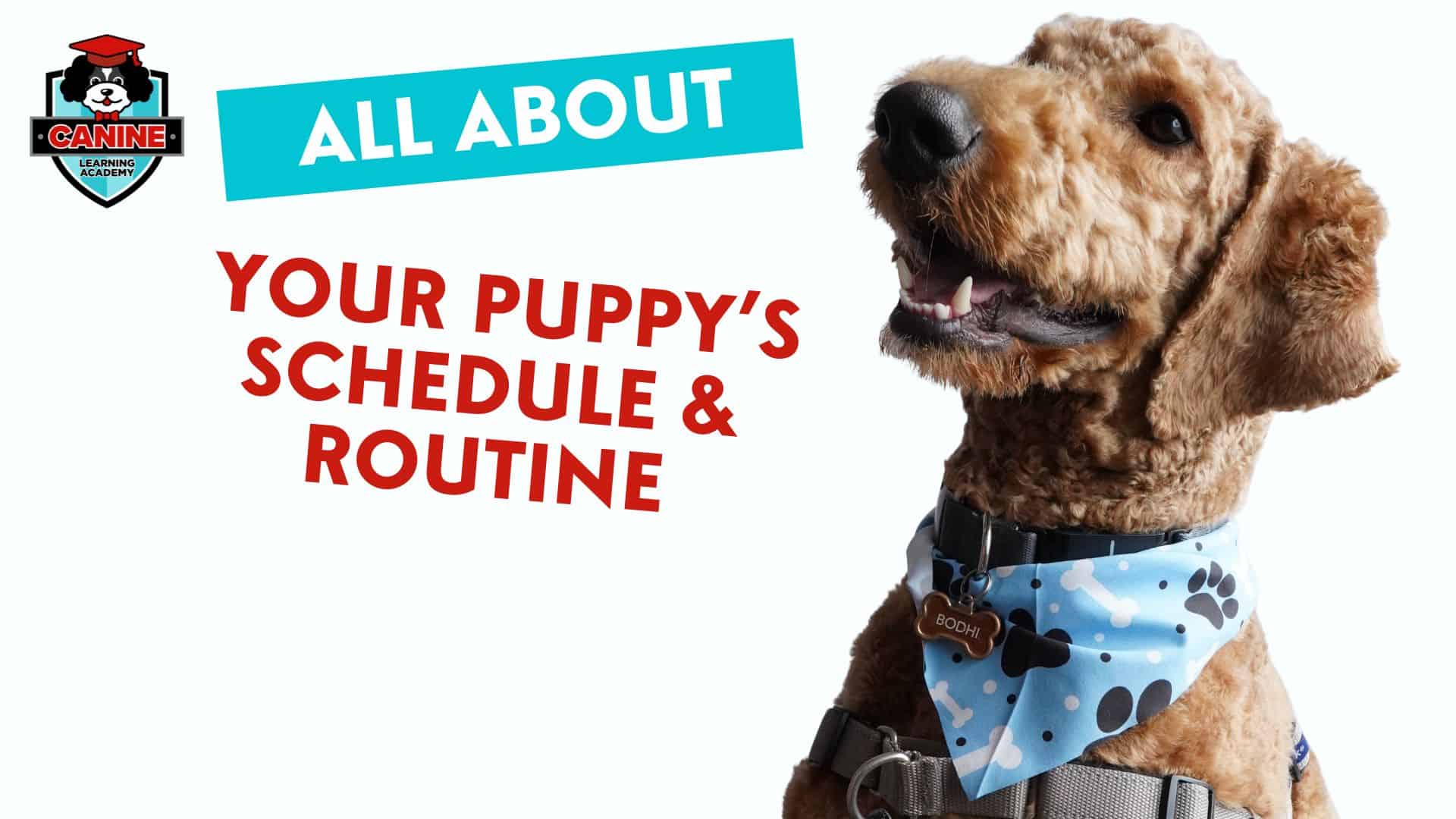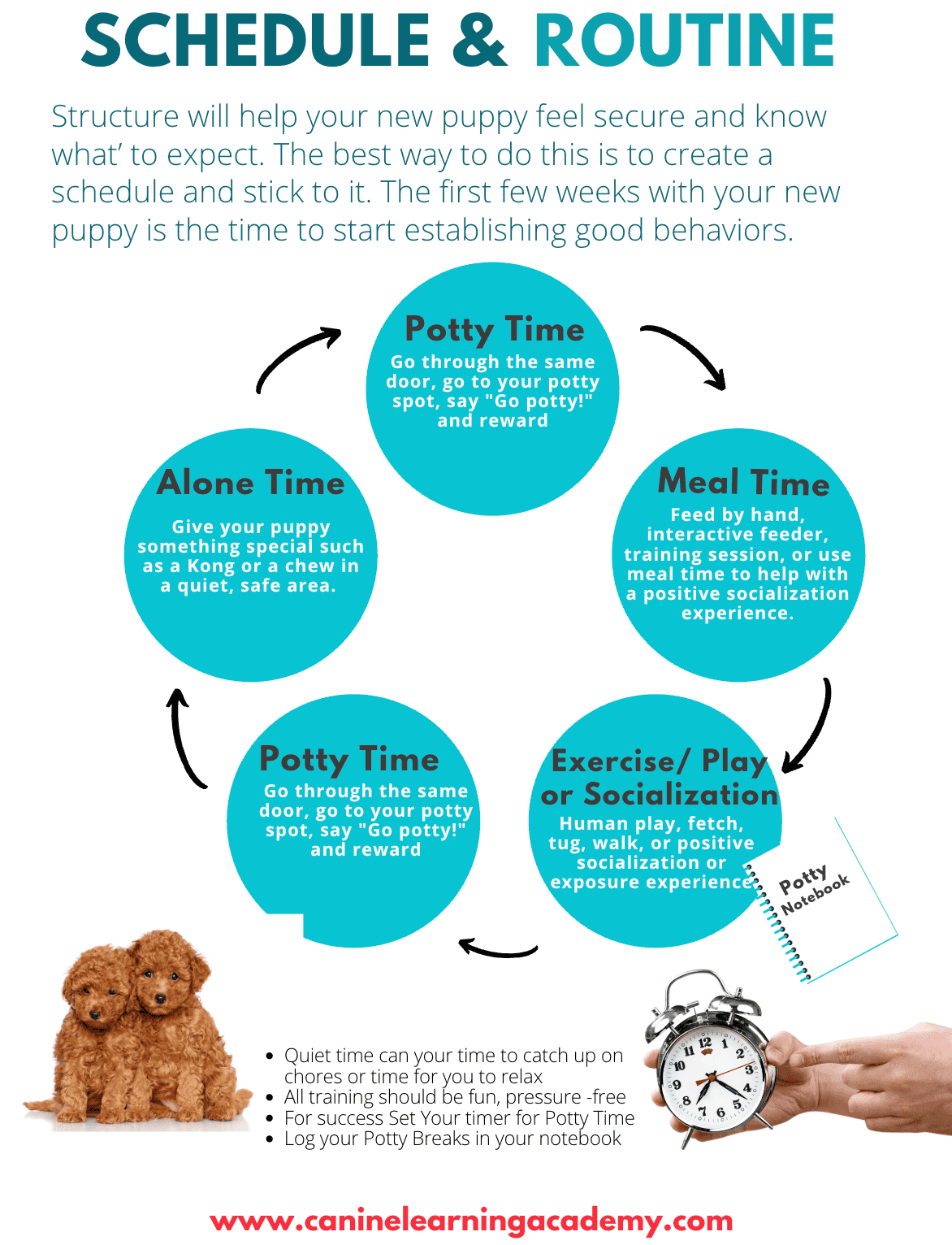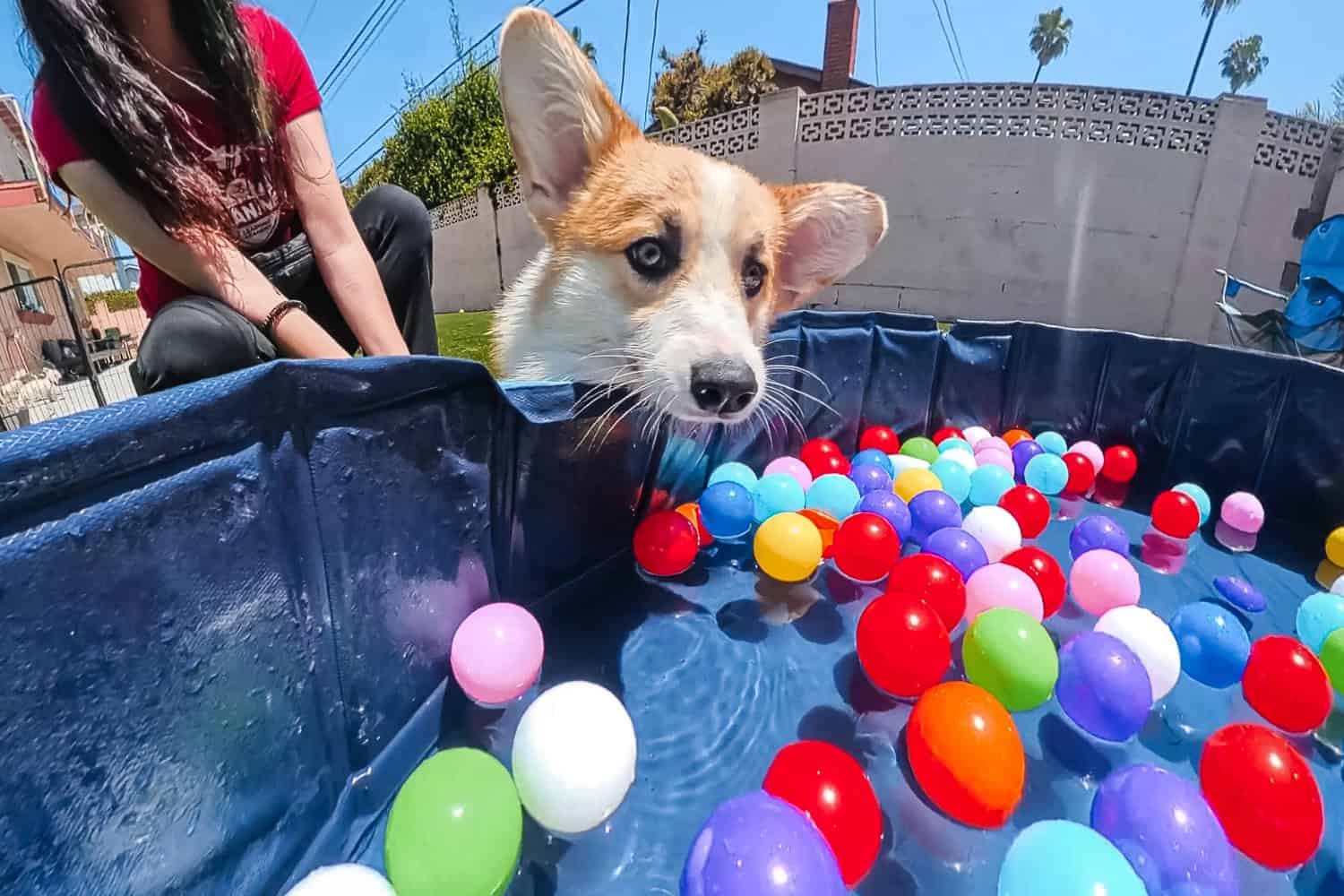As a new puppy parent in Huntington Beach, you’re eager to give your furry companion the best possible start in life. While scheduling vaccinations is a key step, early socialization is equally important for your puppy’s development. Safely socializing your puppy before their vaccinations are complete can help them grow into a confident, well-adjusted adult dog.
In this guide, you’ll learn how to safely and controlled expose your puppy to new experiences, people, and environments, setting it up for a lifetime of positive interactions while prioritizing its health.
The Importance Of Puppy Early Socialization Before Vaccinations Are Complete
The period between 3 and 12 weeks of age is a crucial time for puppy socialization. During this phase, your puppy is highly receptive to new experiences that can shape their behavior and confidence in later life. However, before completing vaccinations, it’s essential to balance socialization with health precautions.
Diseases like parvo, distemper, and leptospirosis pose a significant risk, so avoid letting your puppy walk on the ground in public places where other dogs may have been. Despite these risks, you can still safely socialize your puppy by using a carrier, stroller, or holding them in your arms while exploring new environments.
Here’s why early puppy socialization is essential:
- Exposure to New Experiences: Early socialization helps puppies become familiar with diverse environments, reducing fear and anxiety later.
- Positive Interactions with Animals and People: Gradual exposure to different people and pets builds confidence and ensures your puppy remains friendly and approachable.
- Engagement with New Scents and Sounds: Introducing puppies to varied stimuli like traffic noises, household appliances, and even other animals supports their ability to adapt to future changes.
- Building Confidence: Early positive experiences lay the foundation for a well-adjusted adult dog.
- Developing Resilience: Puppies learn to handle new situations calmly, helping them take new experiences in stride.
Safe socialization before vaccinations helps your puppy grow into a confident, well-rounded adult, making this crucial step in their development worth the extra effort.

The American Veterinary Society of Animal Behavior reports that behavioral problems are the leading cause of death in pups under three. Dogs can find it difficult to adapt to new situations after the first 12 weeks of life unless they have become acclimatized to it in those early weeks.
In short, early socialization is crucial if you wish to give your pup the best possible start in life.
How To Socialize Your Puppy Before Vaccinations are Complete
Socializing your puppy before their vaccinations are complete is crucial for shaping them into a confident, well-adjusted adult dog. However, it’s important to do so safely and thoughtfully. Here are key tips:
1. Controlled Environments: Choose safe spaces where exposure to unfamiliar dogs is minimized, like a friend’s yard or a quiet area in Huntington Beach. These settings allow for positive experiences without the risk of illness.
2. Focus on Novel Experiences: Socialization isn’t just about meeting other dogs; it includes introducing your puppy to different sights, sounds, textures, and environments. Take your puppy on stroller walks or carry them around busy places so they can observe and acclimate.
3. Gradual Exposure: Socialization should be a gradual process. Let your puppy explore new stimuli at their own pace. For timid puppies, small, positive experiences can make a big difference in building confidence.
4. Positive Reinforcement: Always pair new experiences with praise, treats, and positive attention. This helps your puppy associate new things with good outcomes.
5. Support Through Professional Services: Consider professional help, such as enrolling in an all-day puppy school or board and train programs. These structured settings provide safe opportunities for supervised socialization with expert guidance.
6. Meet New People: Introduce your puppy to a variety of people—children, men, women, and individuals with different appearances—so they learn that people come in all shapes and sizes.
7. Safe Socialization with Other Dogs: Organize playdates with healthy, vaccinated dogs known to be gentle and friendly. These interactions teach your puppy appropriate play behavior.
8. Keep Things Fun: Socialization should be a positive experience for your puppy. Keep sessions short and enjoyable, and always end on a high note.
Proper socialization during the early stages of your puppy’s life is a key component of raising a happy, confident, and well-adjusted adult dog. By exposing your puppy to a variety of experiences in a safe and controlled manner, you lay the foundation for a lifetime of positive interactions.Find
Top Dog-Friendly Places in Huntington Beach to Take Your Puppy
While your pup isn’t ready to safely explore the great outdoors just yet, there should be several local stores that they can safely visit.
Centinela Feed & Pet Supplies
Centinela Feed & Pet Supplies or other pet stores can be a great option. This store is a fantastic spot for socializing your puppy with friendly dog owners. It offers a self-grooming area, interesting scents, and positive experiences. Carry your puppy in your arms, place them in a cart, or use a puppy carrier to keep them safe from germs while exploring. Socializing here can also help build your puppy’s confidence around new people and environments.

Pacific City Outdoor Shopping Center
Stroll through this dog-friendly shopping center, where many stores welcome pets. They even provide water stations for your puppy. Call individual stores to confirm their pet policies before visiting. Click Here to see Pacific City Website
Top Dog Barkery
This bakery for dogs offers freshly baked treats and fun toys. It’s a great stop after a training session or park visit. Verify hours here before heading over.
Huntington Harbour Bay Club
Enjoy scenic walks with your puppy by the water. Keep your pup on a leash and take in the calming views. Link to website- CLICK HERE
Park Bench Café
This dog-friendly café in Central Park has a special menu just for dogs. It’s a great place to practice good manners while dining out. If your puppy is not fully vaccinated, bring a blanket or pop them in a dog stroller. CHECK OUT HOURS
OC PaddleSport

Expose your puppy to kayaking in Huntington Harbour with this family-owned business. Their clean and well-maintained equipment, along with their easy access to the water, make it an ideal spot for a fun adventure with your puppy. After paddling, explore Seabridge or Trinidad Parks for a relaxing picnic. Learn more.
The Biergarten at Old World
Enjoy the lively atmosphere of this beer garden with a dog-friendly patio. Weekly dog meet-ups are perfect for socialization. Be sure to call ahead for event schedules
Home Depot
A surprising but great spot for socialization. Your puppy can encounter new people, sounds, and smells while safely riding in a cart. Call ahead to confirm dog-friendly policies.
Marshalls
This dog friendly store allows leashed pets, offering a low-stress environment for socializing your puppy around different people and shopping carts. Be sure to CLICK HERE to check pet policies at your local store.
Other Options for Safe Socialization Experiences for Young Puppies
Take Car Rides
Car rides are a particularly useful aspect of puppy socialization in the early weeks of a puppy’s life. You want to be able to take your pup on lots of adventures in the future, so taking time to get them comfortable with car travel is important.
The vehicle is a safe space for your dog while they can still see new sights and hear lots of new sounds. Car rides that are followed by short trips to suitable pre-vaccination settings can help your pup develop a positive association with the car.
Start with short trips as your pup grows in confidence in spending time in the car.

Explore The Home
There are lots of socialization activities you can do in your own home. Whether it’s the sound of the vacuum or different flooring textures, there are many ways for your puppy to engage their senses around the home.

The home isn’t just about items, sights, and sounds, it’s a great place to slowly expose your puppy to different people too.
Take Short Walks
Throughout the puppy socialization stage, you will be worried about taking your dog to certain settings due to their vulnerability to diseases. However, a short walk around the block in your arms or a puppy carrier can have a positive impact.

Take a short walk around your neighbourhood and your puppy can take in all the sights, smells and sounds while feeling reassured close to you. A few minutes can go a long way to making your pup more comfortable with new settings.
Top Tips for Socializing Your Puppy
Ensuring your puppy gets the right socialization before vaccinations are complete is crucial, especially in a lively place like Huntington Beach. Here’s how to get started:
1. Find the Right Setting: Choose quiet, controlled environments. Avoid crowded parks initially and opt for low-traffic areas, like a friend’s yard or a quiet beach spot.
2. Go at Your Puppy’s Pace: Every puppy is unique. Allow your pup to explore new experiences slowly, especially if they’re timid.
3. Be Patient and Positive: Stay calm, and give lots of praise. Positive reinforcement encourages your puppy to enjoy new interactions.
4. Seek Professional Help: For added support, consider enrolling in our all-day puppy school or board and train programs. These services provide safe, structured environments for socialization and training.
5. Consistency is Key: Expose your puppy regularly to new sights, sounds, and experiences to build their confidence.
A well-socialized puppy familiar with different environments, people, and other dogs will grow into a happier, healthier adult. Investing time in early socialization now sets your dog up for a lifetime of positive experiences.
Download your Free Complete Puppy Guide & Checklist
In our free guide, “The Complete Guide and Checklist,” we cover everything you need to know to set your puppy up for success, keep it safe, and prevent it from shredding furniture, inappropriately biting, or consuming any toxic substances.
Get Access to your Free Guide

READ NEXT




